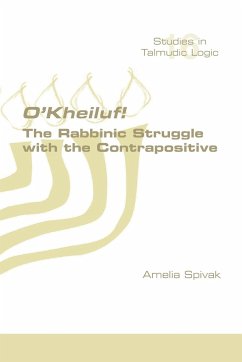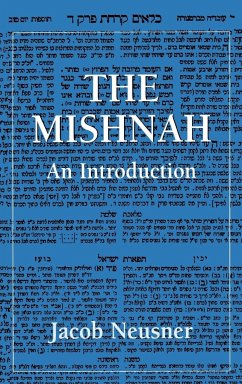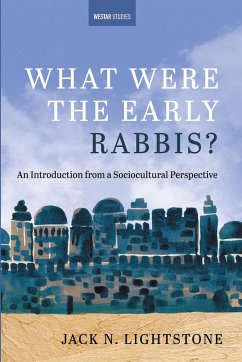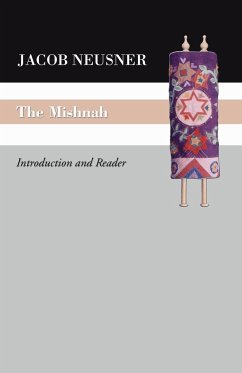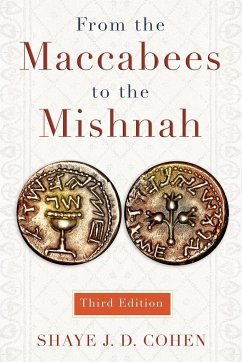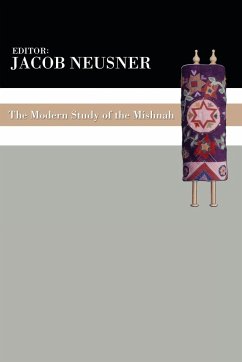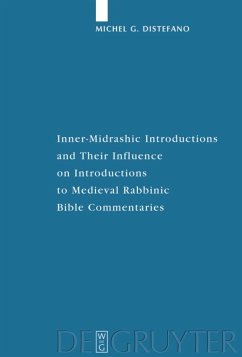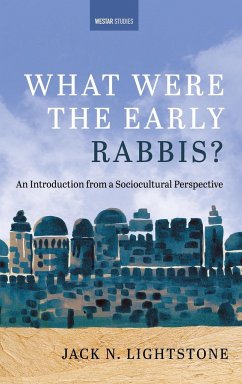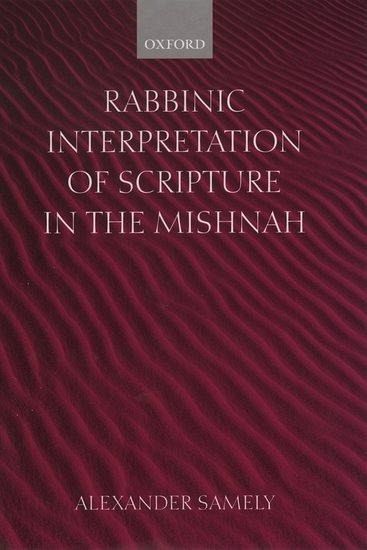
Rabbinic Interpretation of Scripture in the Mishnah
Versandkostenfrei!
Versandfertig in 1-2 Wochen
293,99 €
inkl. MwSt.

PAYBACK Punkte
147 °P sammeln!
In this book Dr Samely offers a systematic and detailed description of early rabbinic hermeneutics (midrash) as it can be reconstructed from the Mishnah (third century CE). The argument is based on a survey of all passages of biblical interpretation in this largely legal document. Dr Samely describes how the discourse of the rabbis appropriates Scripture while taking precise account of its wording. He clarifies the conditions of a modern appreciation of rabbinic hermeneutics and provides a unified set of concepts for its precise description, based on modern linguistics and philosophy of language. Basic features of rabbinic hermeneutics and its difference from modern historical reading are explained, and a catalogue of recurrent techniques of interpretation is defined. This catalogue lays new foundations for the analysis of rabbinic documents and the comparison with other hermeneutic traditions. Each technique is explained and illustrated with translations from the Mishnah. The book provides a manual of all techniques in systematic order and a comprehensive list of Mishnaic passages of interpretation together with their hermeneutic techniques.



